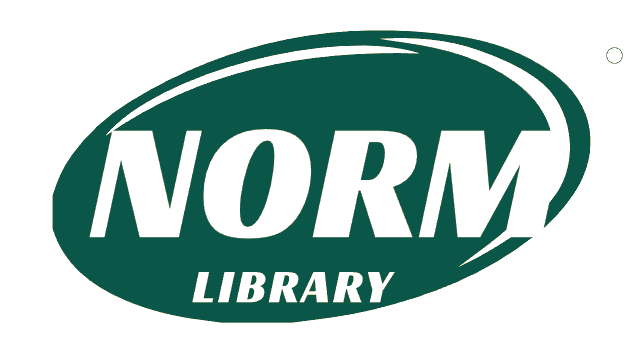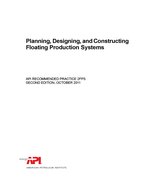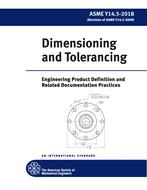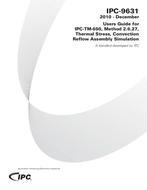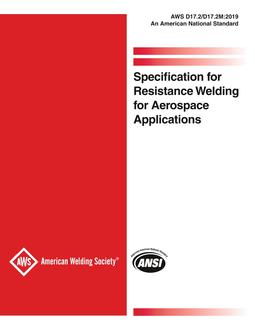Description
API RP 2FPS (R2020) – Recommended Practice for Planning, Designing, and Constructing Floating Production Systems, Second Edition
This document provides requirements and guidance for the structural design and/or assessment of floating offshore platforms used by the petroleum and natural gas industries to support the following functions:
- production;
- storage and/or offloading;
- drilling and production;
- production, storage and offloading;
- drilling, production, storage and offloading.
Its requirements do not apply to the structural systems of mobile offshore units (MOUs). These include, among others:
- floating structures intended primarily to perform drilling and/or well intervention operations (often referred to as MODUs), even when used for extended well test operations;
- floating structures used for offshore construction operations (e.g. crane barges or pipelay barges), for temporary or permanent offshore living quarters (floatels), or for transport of equipment or products (e.g. transportation barges, cargo barges), for which structures reference is made to relevant recognized classification society (RCS) rules.
Its requirements are applicable to all possible life-cycle stages of the structures defined above, such as
- design, construction and installation of new structures, including requirements for inspection, integrity management and future removal,
- structural integrity management covering inspection and assessment of structures in-service, and
- conversion of structures for different use (e.g. a tanker converted to a production platform) or reuse at different locations.
The following types of floating structure are explicitly considered within the context of this standard:
- a) monohulls (ship-shaped structures and barges);
- b) semi-submersibles;
- c) spars.
In addition to the structural types listed above, this standard covers other floating platforms intended to perform the above functions, consisting of partially submerged buoyant hulls made up of any combination of plated and space frame components and used in conjunction with the stationkeeping systems covered in API 2SK. These other structures can have a great range of variability in geometry and structural forms and, therefore, can be only partly covered by the requirements of this standard. In other cases, specific requirements stated in this standard can be found not to apply to all or part of a structure under design.
In all the above cases, conformity with this standard will require that the design is based upon its underpinning principles and achieves a level of safety equivalent, or superior, to the level implicit in it.
This standard is applicable to steel floating structures. The principles documented herein are, however, considered to be generally applicable to structures fabricated in materials other than steel.
Similarly, while this document is directly applicable to oil and gas producing platforms operating at ambient temperature, the principles documented herein are considered to be generally applicable to structures used in conjunction with cryogenic processes, such as floating liquefied gas (FLNG) plants, with the exception of the aspects related to handling and storage of cryogenic liquids.
The structural design and fabrication of the drilling and production modules supported by a floating structure can be carried out in accordance with API RP 2A WSD, 21st Edition, Errata and Supplement 3.
Product Details
- Edition:
- 2nd
- Published:
- 08/01/2011
- Number of Pages:
- 203
- File Size:
- 1 file , 1.5 MB
- Product Code(s):
- G2FPS02, G2FPS02, G2FPS02
- Note:
- This product is unavailable in Russia, Cuba, Syria, North Korea, Ukraine, Belarus, Iran
-

API RP 2FPS
$96.00 Add to cart
